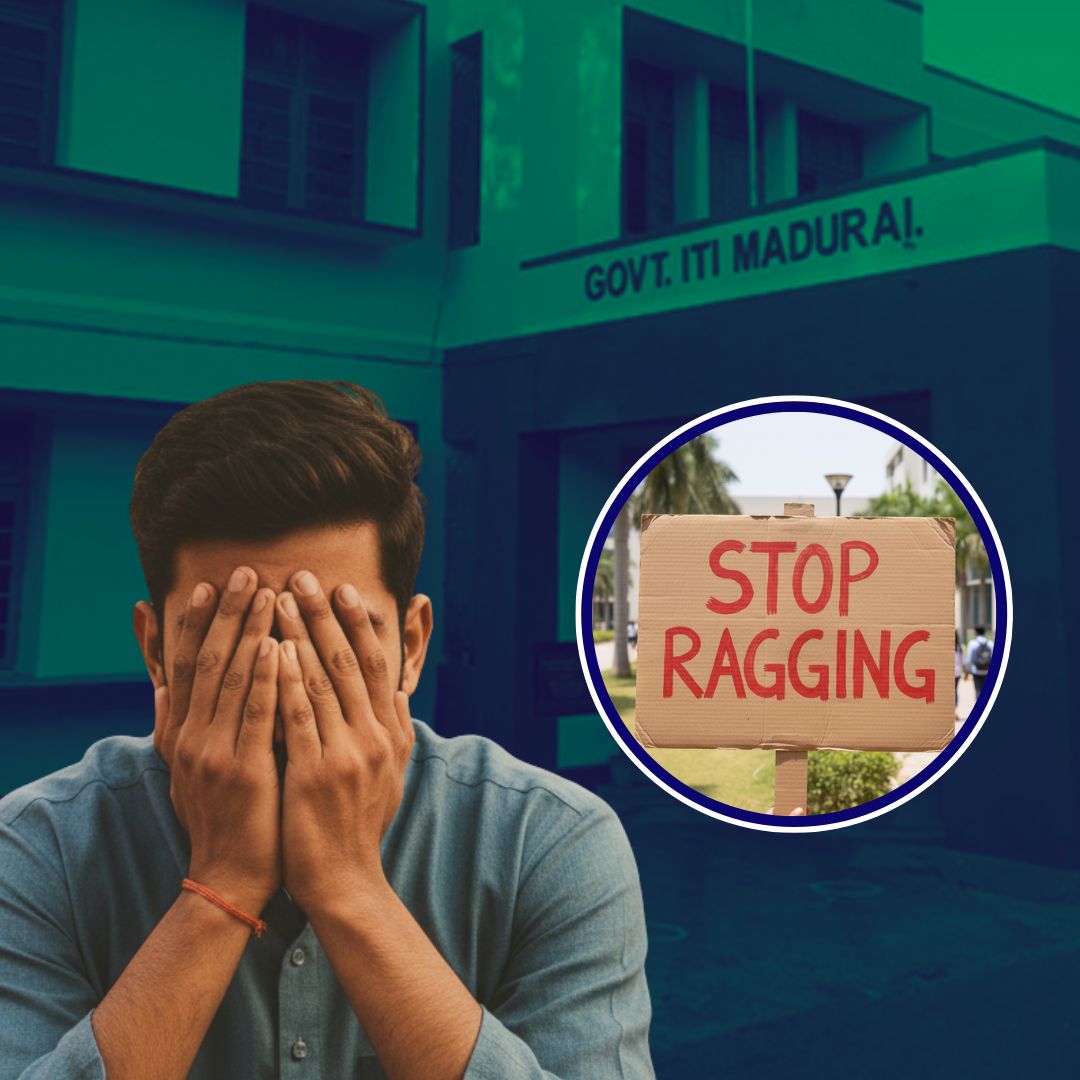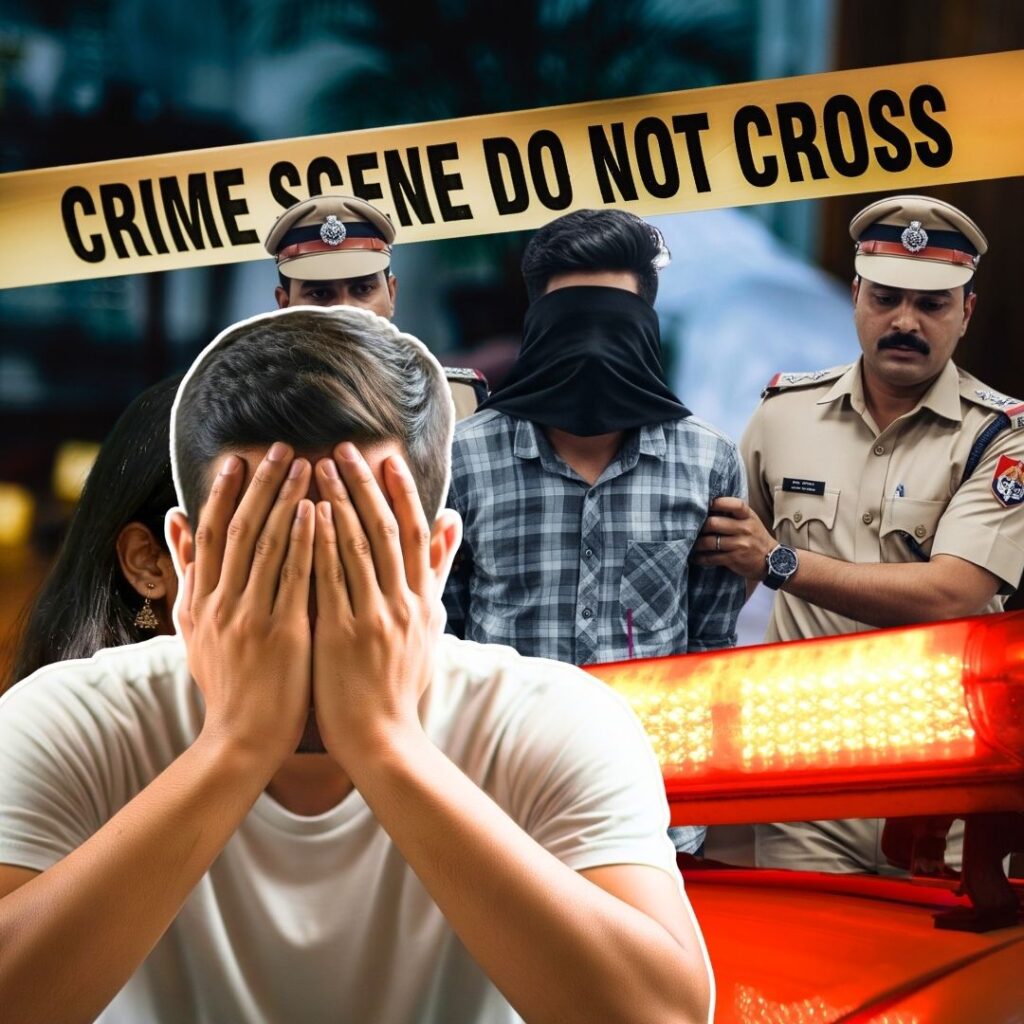A harrowing case of ragging has shocked Tamil Nadu as a student at an Industrial Training Institute (ITI) hostel in Thirumangalam, Madurai, was allegedly stripped naked, taunted, and physically assaulted by fellow students. The incident, caught on a viral video, showed the victim being hit on his genitalia with a slipper, stirring public outrage and renewed calls for action.
The victim’s parents filed a formal complaint, prompting local police to register a case against three accused students. The hostel warden has been suspended pending an inquiry, and authorities have pledged strict legal action. The incident highlights ongoing issues of ragging and safety in educational institutions.
Details of the Brutal Assault
The disturbing video circulating widely on social media reveals a group of students forcibly removing the victim’s clothes, jeering at him, and inflicting pain by hitting his private parts with a slipper.
This humiliating act has saddened and angered the community, bringing attention to the often-overlooked dark side of student life in hostels. Police officials confirmed that investigations are underway, with the accused students being questioned and subjected to legal proceedings.
A senior officer stated, “Ragging is a criminal offence punishable under Indian law; action will be taken firmly to deter such crimes.” Such violent ragging is not isolated, as Tamil Nadu and neighbouring states have witnessed similar cruelty in past cases.
Background and Institutional Response
The appalling incident only came into the public eye after the victim’s parents reported the matter to the authorities. Based on their complaint, police filed an FIR and are probing the case thoroughly. Three students named as suspects have been booked under relevant sections of the Indian Penal Code and anti-ragging laws, while the hostel warden has been suspended pending departmental inquiry for negligence.
Tamil Nadu has long grappled with ragging-related violence despite official measures, including anti-ragging committees and counselling initiatives. Earlier in 2025, a horrifying ragging case in a Kerala nursing college also made headlines, reflecting widespread challenges in preventing such abuse in academic campuses. This recent case rekindles the demand for stronger surveillance, accountability, and preventive education in hostels.
Legal Landscape and Enforcement Challenges
Despite strict legal frameworks like the Tamil Nadu Prohibition of Ragging Act and the University Grants Commission (UGC) Anti-Ragging Regulations, enforcement gaps remain a serious concern. The Supreme Court and UGC mandate regular anti-ragging committees, helplines, affidavits, and awareness programmes, but many institutions fail to implement these fully.
Experts warn that ragging still persists due to cultural acceptance, institutional inaction, and lack of effective monitoring. Strengthening these mechanisms and ensuring transparent, timely responses to complaints are crucial to making campuses truly safe.
The Logical Indian’s Perspective
Ragging under any guise is a violation of human rights and a betrayal of the safe, nurturing spaces education should provide.
The Madurai incident demands urgent systemic reform, encompassing strict enforcement of anti-ragging laws, enhanced monitoring of hostels, and a cultural shift towards respect and empathy among students. These acts of humiliation and violence are not rites of passage but serious crimes that leave lifelong scars.











